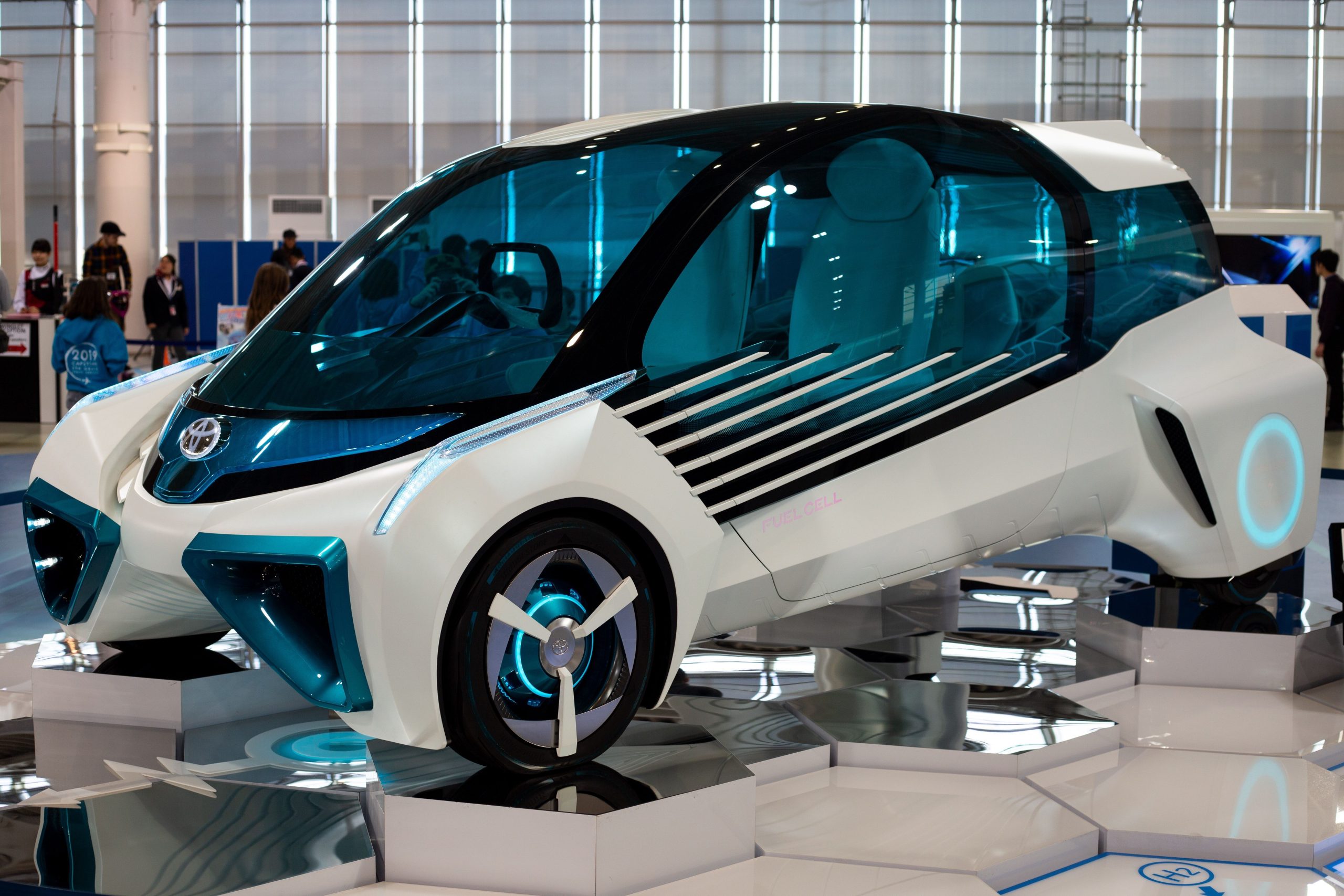In recent years, the demand for eco-friendly transportation options has been on the rise. As the world grapples with the effects of climate change, the need for alternative fuels and sustainable technologies has become more evident than ever before. One such technology that holds great promise is the hydrogen fuel cell vehicle.
What are Hydrogen Fuel Cell Vehicles?
Hydrogen fuel cell vehicles (FCVs) are an innovative form of transportation that utilize hydrogen as fuel to produce electricity through a chemical reaction within the fuel cell. This electricity is then used to power an electric motor, which propels the vehicle forward. Unlike traditional internal combustion engines, which rely on fossil fuels, FCVs generate zero harmful emissions, as their only byproduct is water vapor.
The Advantages of Hydrogen Fuel Cell Vehicles
1. Zero Emissions: Hydrogen fuel cell vehicles emit zero greenhouse gases, making them a sustainable and clean transportation option. This is particularly critical for combating climate change and reducing air pollution levels in densely populated urban areas.
2. Longer Driving Range: Hydrogen fuel cell vehicles have a longer driving range compared to battery electric vehicles. FCVs can travel up to 300 miles on a single tank, while battery electric vehicles typically have a range of around 100-200 miles before requiring a recharge.
3. Faster Refueling Time: Unlike battery electric vehicles, which require hours of charging, hydrogen fuel cell vehicles can be refueled within minutes, similar to traditional gasoline-powered vehicles. This eliminates the issue of range anxiety and ensures a more convenient driving experience.
The Challenges of Hydrogen Fuel Cell Vehicles
1. Limited Infrastructure: One of the major challenges hindering the widespread adoption of hydrogen fuel cell vehicles is the lack of hydrogen refueling infrastructure. Building a comprehensive network of hydrogen stations is crucial to support FCV users and encourage mass-market adoption.
2. Cost: Currently, hydrogen fuel cell vehicles are more expensive than traditional gasoline vehicles or battery electric vehicles. The high cost of production is mainly due to the advanced technology and components required for fuel cell systems. However, as technology advances and production scales increase, the cost is expected to decrease, making FCVs more affordable in the long run.
Efforts to Promote Hydrogen Fuel Cell Vehicles
Despite the challenges, various governments and organizations around the globe are actively working to promote hydrogen fuel cell vehicles:
1. Infrastructure Investment: Governments are investing in the development of hydrogen refueling stations to support the growth of FCVs. Initiatives are being implemented to establish a robust and widespread hydrogen infrastructure, making refueling more accessible and convenient for consumers.
2. Research and Development: Universities, research institutions, and car manufacturers are investing in extensive research and development to enhance fuel cell technology, improve performance, and reduce costs. These efforts are aimed at making hydrogen fuel cell vehicles a more viable option for everyday consumers.
The Future Outlook
Hydrogen fuel cell vehicles have the potential to revolutionize the transportation industry by providing a sustainable and zero-emission alternative to conventional vehicles. As technology progresses and infrastructure improves, the adoption of FCVs is expected to increase.
The automotive industry is witnessing a gradual shift towards hydrogen fuel cell vehicles, with leading manufacturers introducing hydrogen-powered models to their lineups. Over time, as economies of scale are achieved, the cost of production is expected to decrease, making FCVs more accessible to the general public.
However, a collective effort from governments, automobile manufacturers, and other stakeholders is essential to overcome the existing challenges and fully unlock the potential of hydrogen fuel cell vehicles. With advancements in technology and increased support, hydrogen fuel cell vehicles are poised to become the next frontier in eco-friendly transportation.

